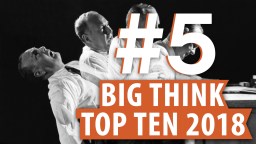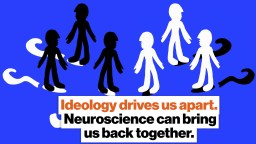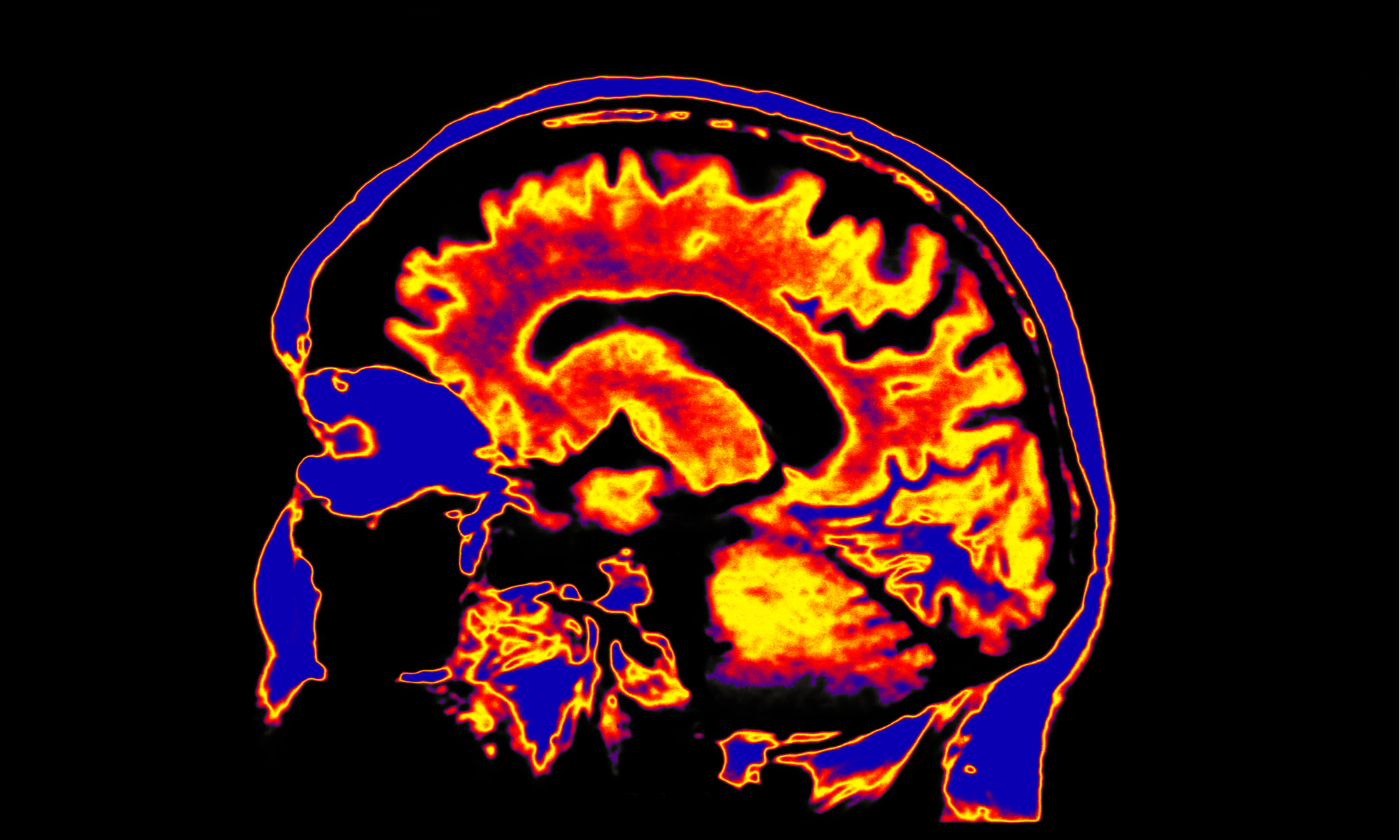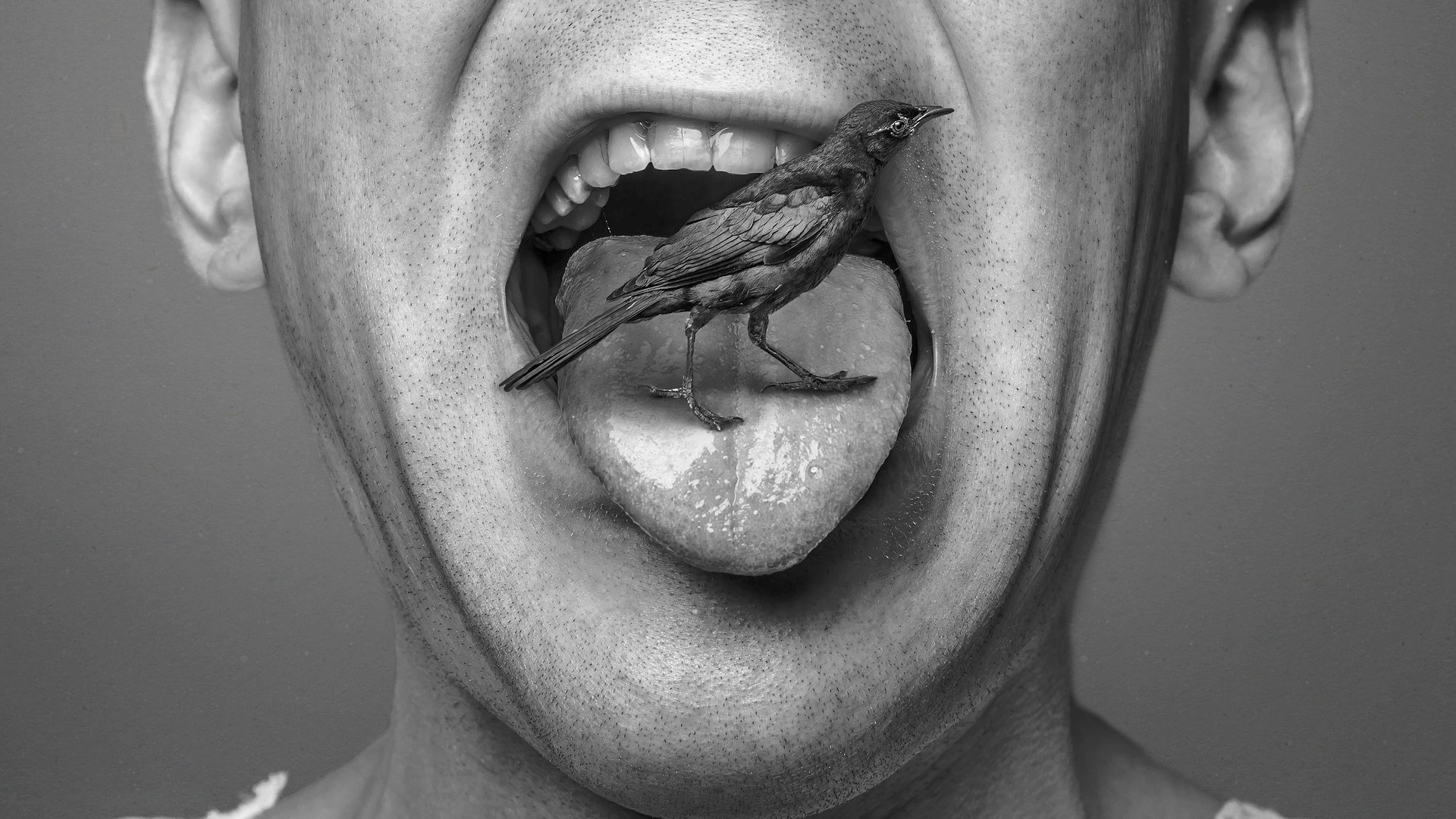brain
The countdown continues! This is the 5th most popular video of 2018 — for good reason.
▸
6 min
—
with
When Cresswell returned to teaching after a five-year break, she noticed a marked difference in the ways undergraduates approached learning in the classroom.
Studies from neuroscience highlight how the brain both helps with and prevents collaboration.
Celebrating five years since Grain Brain was published, David Perlmutter doubles down on his warnings.
The relationship between our genotypes and our psychological traits, while substantial, is highly indirect and emergent.
About a quarter of victims’ lost time was avoidable.
From psychology to neuroscience, what we believe is not nearly as relevant as why we do.
What if consciousness isn’t all about the brain?
▸
6 min
—
with
The National Institutes of Health recently began a $300-million study to examine the effects of screen time on developing brains.
Maslow’s Hierarchy of Needs is updated for the 21st century in a new study.
To strengthen your mind, work with your hands, says former astronaut Leland Melvin.
▸
3 min
—
with
Who would have thought that endlessly comparing your life to others would make you feel bad?
Over 67,000 trials by the Color Guard can’t be wrong.
Researchers find out why some people believe utter BS.
When it comes to flirting, love meters have nothing on these researchers’ findings.
Need to kick-start your creativity? This technique can really help.
▸
3 min
—
with
Schadenfreude is a common feeling, but not all of it is the same.
It’s not just a case of “what doesn’t kill you makes you stronger.”
Swiss researchers identify new dangers of modern cocaine.
A study on flies may hold the key to future addiction treatments.
When you slow down after exiting the highway, or hush your voice in the library, you’re using this brain mechanism.
A guide to making difficult conversations possible—and peaceful—in an increasingly polarized nation.
▸
5 min
—
with
Is the appendix a useless organ, an immune system benefactor, a Parkinson’s disease instigator, or all of the above?
A new report outlines how the CIA considered using a drug called Versed on detainees in the years following 9/11.
Pleasure is not just about experiencing an enjoyable moment. It also involves anticipation – a connection between one’s present and future selves.
Military recruits are supposed to be assessed to see whether they’re fit for service. What happens when they’re not?
In a study that might enable earlier diagnosis, neuroscientists find abnormal brain connections that can predict onset of psychotic episodes.
Famously unusual case studies that perplexed psychologists.





























